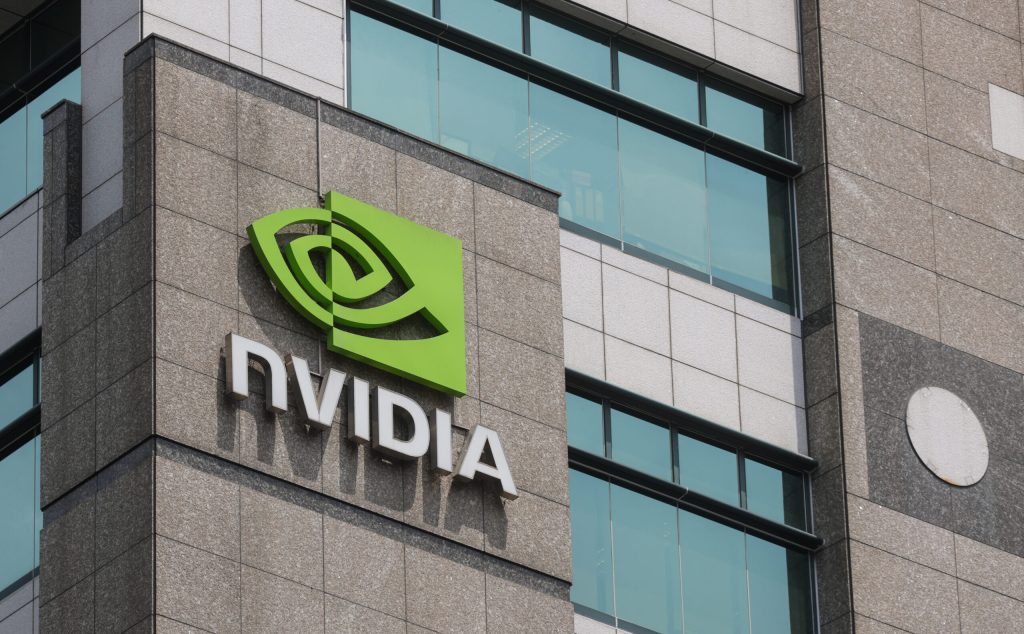A ceasefire between Israel and Palestinian militants Hamas has now taken effect after 11 days of fighting saw more than 200 people killed. In Gaza, at least 243 people were killed by Israeli airstrikes and over 1,000 have been injured, while 12 Israelis were killed by rockets fired out of the Palestinian territory.
Both sides celebrated the pause last night – but, looking to the future, experts have warned this latest conflict may have caused irreparable damage to Gaza’s crumbling medical infrastructure.
Videos by VICE
At a press conference on Wednesday, Israeli Prime Minister Benjamin Netanyahu claimed that “we go to unprecedented lengths to prevent civilian casualties.” But 64 children are among Gaza’s dead, and Israeli human rights organisation B’tselem has accused the government of “killing blockaded civilians.”
One of these civilians was Ayman Abu al–Ouf. The 51-one-year-old was a doctor and head of internal medicine at the biggest hospital in Gaza City. He was killed in an airstrike on Sunday morning. So was Dr Mooein Ahmad al-Aloul, a 66-year-old neurologist, who was killed on Sunday morning.
Israel has claimed it is targeting military sites in Gaza that belong to the ruling Hamas or other militant factions, such as Islamic Jihad. But significant damage has been done to Gaza’s precarious medical infrastructure. The Palestinian Ministry of Health in Gaza has claimed that hospitals have been severely damaged and that the roads around the al–Shifa hospital in Gaza City have been destroyed, limiting the ability of ambulances to transport wounded people to the hospital.
A Medecins Sans Frontieres trauma and burns care unit was partially destroyed in bombing on Sunday, the international organisation said. “The horrendous attacks on civilians and civilian infrastructure that we are witnessing in Gaza are inexcusable and intolerable…the situation is critical,” Ely Sok, MSF’s head of mission in the Occupied Palestinian Territories, said in a statement.
Speaking over the phone from Gaza before the ceasefire was announced, his words muffled by the sound of distant explosions, Dr Aed Yagi, who works for the Palestinian Medical Relief Society, told VICE World News that “the current situation is getting worse and worse.”
“The Israeli army are bombing everything in Gaza,” Yagi said. “Two days ago, the bombs hit a laboratory in Gaza that provided tests for COVID–19. Why? There is no safe place.”
Before the bombing began, Gaza was struggling to cope with an influx of COVID cases. Testing was scarce to begin with – but now, its only laboratory is out of action, unable to process test results. The clinic it was housed in was partially damaged in an airstrike.
The most recent violence has only exacerbated the long-term decimation of Gaza’s health services. “For the last 15 years, there has been a chronic shortage of supplies,” Yagi said. “The blockade has made it impossible for us to get all the medical equipment we need.”
“We have, already, a destroyed medical infrastructure,” Raji Sourani, the Director of the Palestinian Centre for Human Rights, told VICE World News, speaking from Gaza City.
“Due to COVID, due to the blockade, it’s undeveloped… there are no resources, most of the medicines we just don’t have.”
Before the latest conflict broke out, Gaza was reporting up to 1,000 new cases of COVID–19 a day. Given the region’s lack of testing capacity to start with, the actual figures could be far higher. They’re certain to increase now; only a few thousand vaccines had entered Gaza prior to the fighting, and the virus will spread freely in overcrowded refugee camps struggling to cope with over 50,000 Palestinians newly displaced by the airstrikes campaign.
“461 people arrived at our Emergency Room today,” said one doctor in his mid-thirties, who works at Al Shifa Hospital and spoke on the condition of anonymity to speak openly. “We do not have the beds, the medicine…we are choosing between injured and COVID patients for intensive care.”
Whilst attention right now is focused on dealing with the hundreds of critically injured patients, Yagi is aware of the psychological impact the bombardment is beginning to have on the population.
“Of course, the majority of the people, they are suffering; they are worried, they are scared, and all the children are worried from the attacks.”
As VICE World News reported on Tuesday, 11 children killed in the Gaza strip over the previous week had been participants in a programme helping them deal with past trauma, run by the Norwegian Refugee Council. The same day, a convoy carrying international aid into Gaza from Israel was forced to turn back after coming under mortar fire from militants. Rebuilding a health system gutted by years of conflict will be an immense challenge.
Despite the events of the past two weeks, Sourani, the Director of the Palestinian Centre for Human Rights, is still hopeful for the future. “We will not give up,” he said. “We believe tomorrow will be ours.”





